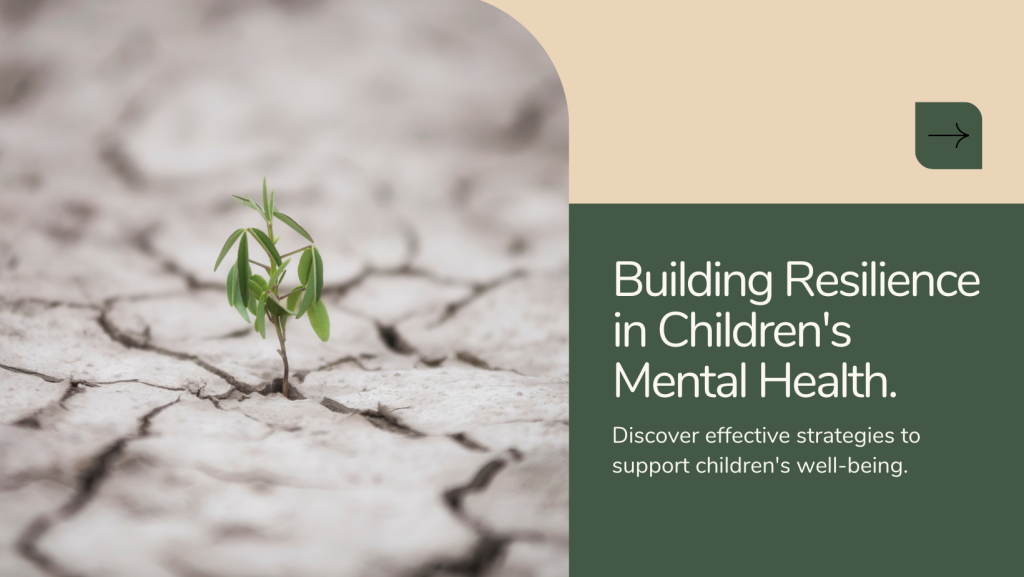Children’s mental health is a vital component of their overall well-being, influencing their emotional, social, and academic development. As caregivers, educators, and community members, it’s essential to prioritize children’s mental health and provide support and resources to help them build resilience and coping skills. Here are some strategies for supporting children’s mental health:
- Promote Emotional Awareness: Teach children to recognize, identify, and express their emotions in healthy and constructive ways. Encourage open communication, validate their feelings, and provide a safe and supportive environment where they feel comfortable expressing themselves.
- Teach Coping Skills: Equip children with coping skills to manage stress, anxiety, and other emotional challenges. Teach relaxation techniques such as deep breathing, mindfulness, and guided imagery to help children calm their minds and bodies during times of stress.
- Encourage Social Support: Foster supportive relationships and social connections with peers, family members, and trusted adults. Encourage children to reach out for help and support when needed and teach them how to be a good friend and offer support to others.
- Provide Structure and Routine: Establish consistent routines and structures to provide stability and predictability for children. Consistent routines help children feel safe, secure, and in control, reducing anxiety and promoting emotional well-being.
- Promote Physical Health: Physical health and mental health are closely interconnected. Encourage regular physical activity, healthy eating habits, and adequate sleep to support children’s overall well-being and resilience.
- Create a Positive School Environment: Foster a positive and inclusive school environment that promotes emotional well-being and positive mental health. Provide opportunities for social and emotional learning, peer support, and mental health education to help students develop essential life skills and coping strategies.
- Seek Professional Support: Recognize when children may need additional support or intervention from mental health professionals. Provide access to school counselors, therapists, and mental health resources for children experiencing significant emotional distress or mental health challenges.
By prioritizing children’s mental health and implementing these strategies, caregivers, educators, and community members can help children build resilience, develop coping skills, and thrive emotionally, socially, and academically.




